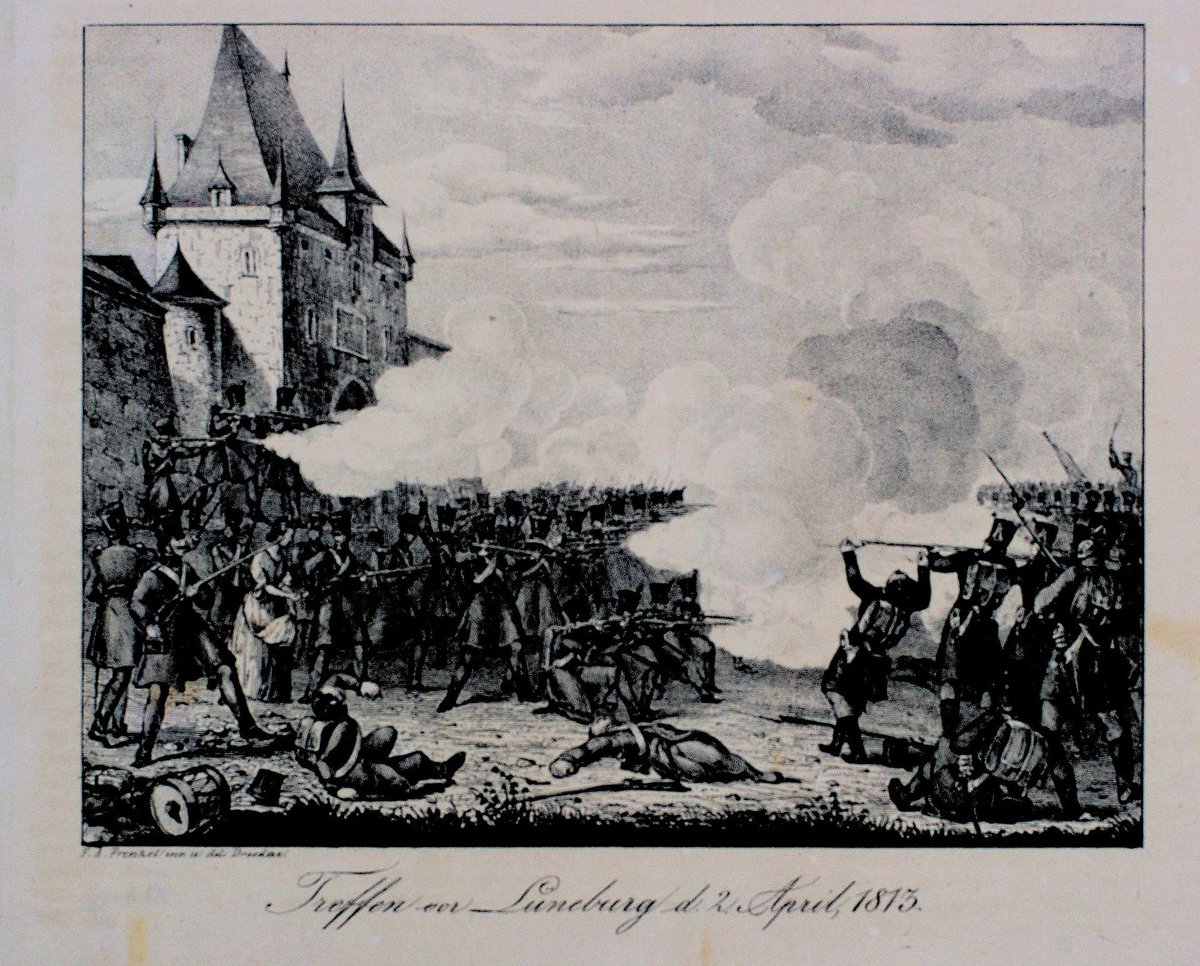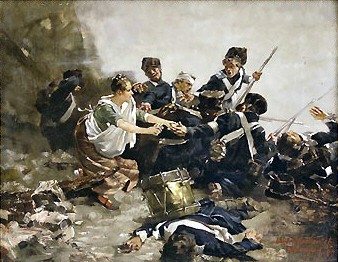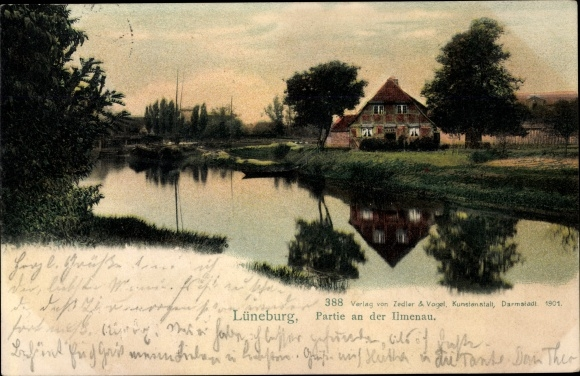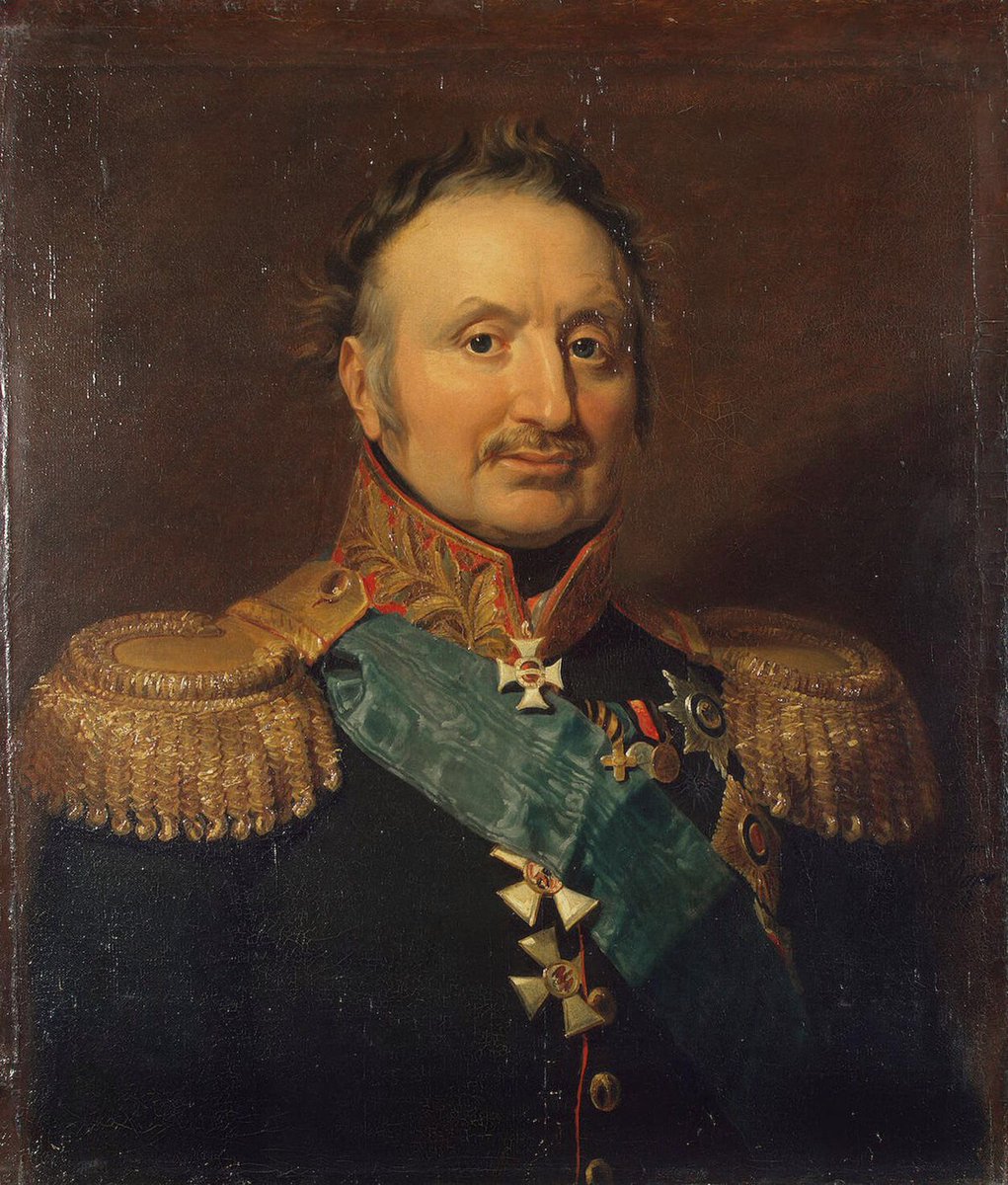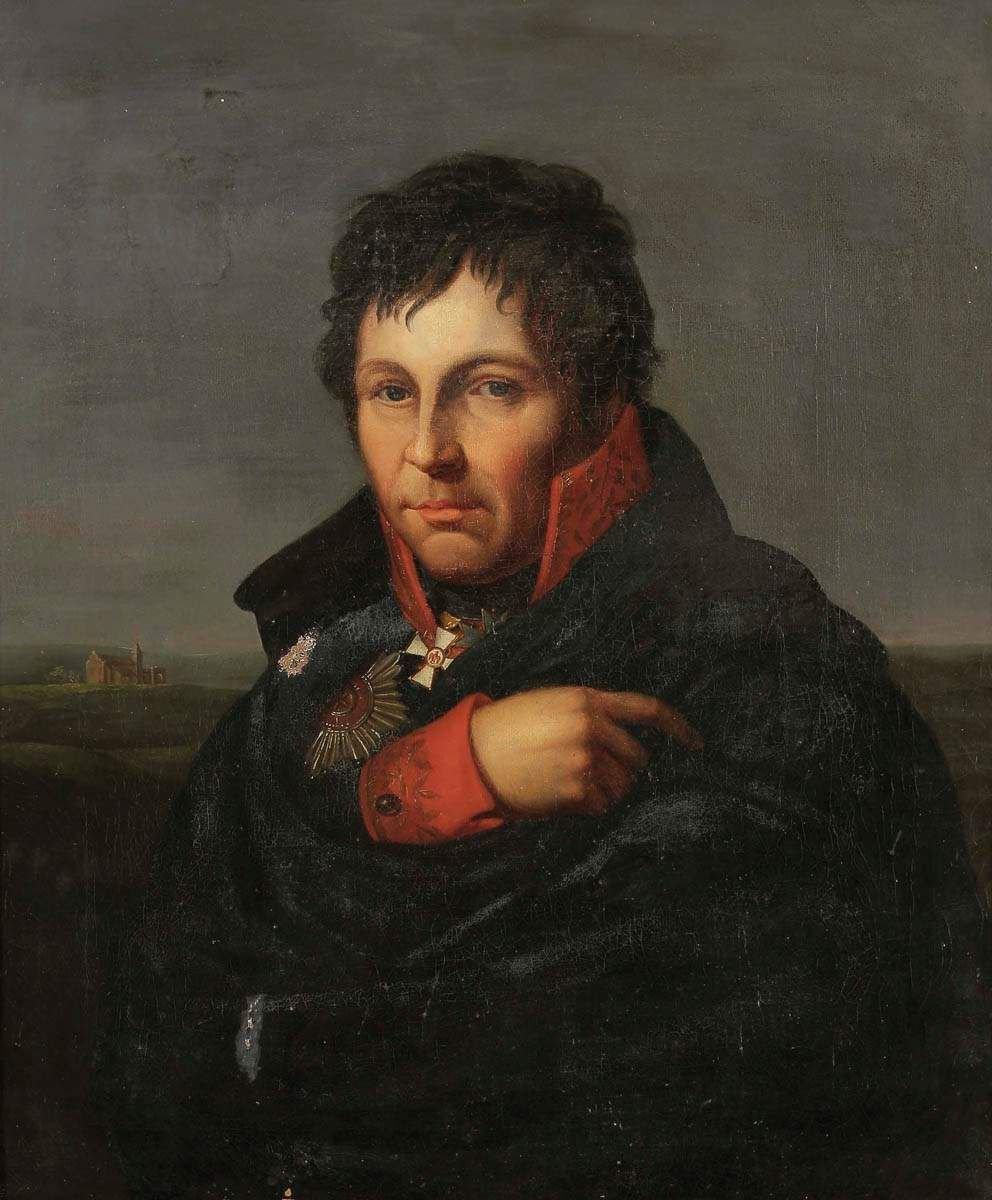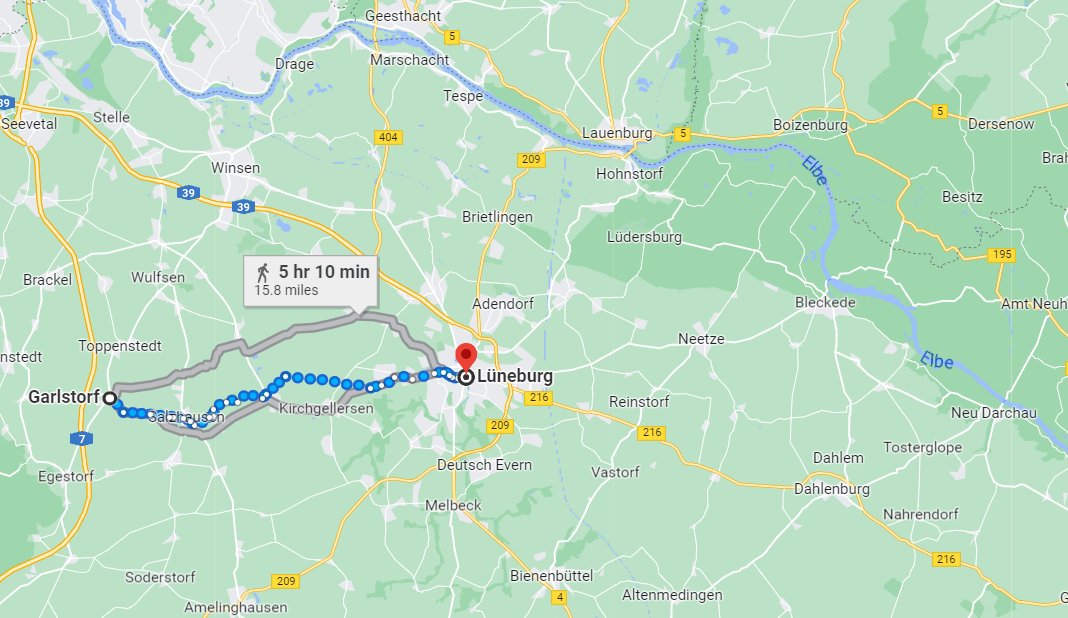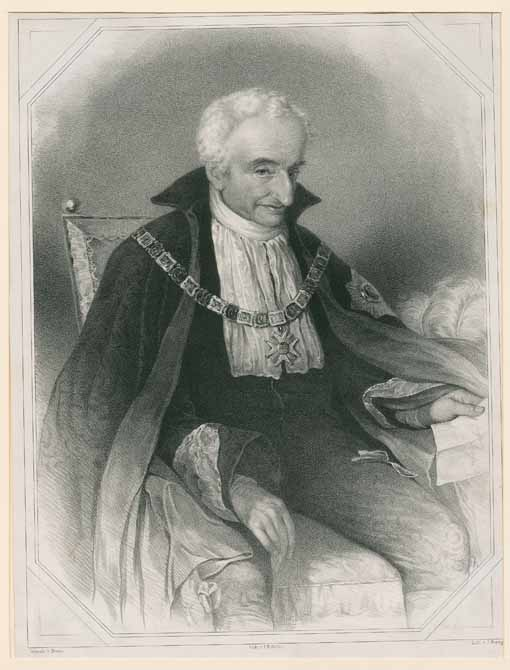#OTD 1 April, 1813, Napoleon announced to the sénatus-consulte that Prussia has declared war on France, and requested a new levy of 180,000 men.
After conferring with Wittgenstein in Belzig, Scharnhorst wrote a three-point memorandum for a coordinated attack beyond the Elbe.
After conferring with Wittgenstein in Belzig, Scharnhorst wrote a three-point memorandum for a coordinated attack beyond the Elbe.
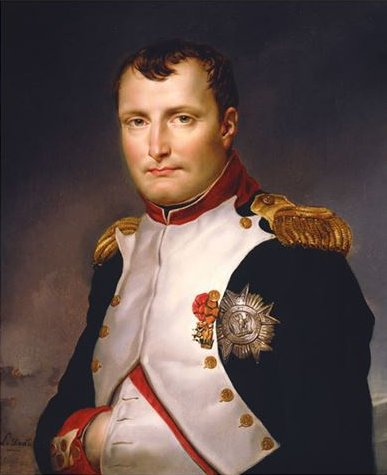
After gathering all the documents pertaining to Prussia, the Emperor declared that the war has
become inevitable. He gave several correspondences of Durutte, Lecoq, and Thielmann from Dresden to Maret, based on which the minister would draft his official statement to Prussia.
become inevitable. He gave several correspondences of Durutte, Lecoq, and Thielmann from Dresden to Maret, based on which the minister would draft his official statement to Prussia.
It seems that he also referred heavily to Napoleon's own footnotes on the Krusemarck memorandum from 27 March. The resulting document, addressing the Prussian ambassador, was a patronizingly smoothened version of Napoleon's stance.
(Fain; Napoleon to Maret, 19792)
(Fain; Napoleon to Maret, 19792)
Meanwhile, Narbonne was reporting the uncomfortable atmosphere in Vienna. He wrote, rather prophetically, that Metternich, on the surface, is disturbed by France and Prussia alike, but could soon defect to the Allies with the pretext of Napoleon's opposition to peace.
(Charras)
(Charras)
In Germany, Wittgenstein and Blucher were still insisting on continuing the offensive. Borstell's report from Mockern, that no enemy was moving from Magdeburg, boosted the Russian general's enthusiasm. But Gneisenau, at Altstedt with Blucher, revealed that the supplies were not
catching up with their eagerness-the very reason Kutuzov was worrying about Wittgenstein and Blucher overextending the line of communication.
"Our mobilization continues with zeal and as much as our resources allow," wrote he,
"Our mobilization continues with zeal and as much as our resources allow," wrote he,
but these are very limited. There is a lack of military hardware, not bodies – these we have in sufficient number – but specifically: cloth, leather equipment, arms, ammunition, and money. If we had this currently, we could double our strength on the go.
Our economic arrangements are so splendid that an army of 80,000 men outfitted and placed in the field will cost no more than 400,000–500,000 thalers per month. Please inform the prince-regent of this circumstance. Just a small effort and we are all saved."
To address this discrepancy between their wants and needs, Scharnhorst continued his conference with Wittgenstein in the Belzig headquarter. The result was a three-point memorandum, mediating the stances of Kutuzov and the two generals:
"The execution of this operation depends on 3 points in particular:
1. that the area above Plauen and Gera be observed, so that no superior enemy may march on Dresden while their army is going to Leipzig.
2. that a bridge at Mühlberg or Strehla be
1. that the area above Plauen and Gera be observed, so that no superior enemy may march on Dresden while their army is going to Leipzig.
2. that a bridge at Mühlberg or Strehla be
established as soon as possible, so that they can reach the right bank of the Elbe...without passing Dresden.
3. that they do not extend their advance too far, so that they do not run the risk of being defeated individually.
3. that they do not extend their advance too far, so that they do not run the risk of being defeated individually.
From this document, it can be inferred that Wittgenstein, after reports of the French inactivity in Magdeburg, was demanding to join Wintzingerode's vanguard heading for Leipzig-what Kutuzov had explicitly prohibited on 20 March, lest they attenuate the line of communication.
Echoeing Kutuzov's opposition to crossing the Elbe, the Chief of Staff specifically recommended alternative fords. No advance was to be made until the aforementioned bridges are completed and defended by cavalry detachments, each supervised by an officer.
Afterward, it was advisable for them to detach two squadrons of Brandenburg Hussars, a regiment of volunteer chasseurs, and a Cossack regiment between Plauen and Gera.
Scharnhorst warned that without the precautionary measures, they "could easily be pressed against the Elbe."
Scharnhorst warned that without the precautionary measures, they "could easily be pressed against the Elbe."
From Dresden, Clausewitz was relieved to see a common interest solidifying between Wittgenstein and Blucher. He wrote to his wife that "the best unity is expected between the two armies" without "the slightest seed of intrigue,"
for the Allies all "have a heart for the cause and sufficient magnanimity to remove any ulterior motive." He was still despaired to see "the most beautiful [bridge he has] ever seen" reduced to "two of the arches and one of the piers.”
Wilson, who had arrived in Berlin from Krakow last night, was enjoying "a general reception as an Englishman that is most flattering to England." He visited the Royal Family, saw Romeo and Juliet "operatised," and even danced with Princess Radziwill.
Behind the doors, he was reporting to Cathcart the intelligence he has avidly garnered from the locals. Everything seemed to contradict his previous anxieties about "very little martial preparation" in Prussia, for "here all wears a very martial aspect."
In the morning, he saw Bulow's detachment marching towards Spandau and Brandenberg, all "in very efficient order." But he was sorry to hear "that General Rapp had success fully repulsed the Russians in an attack made upon the faubourgs, and occasioned them a severe loss."
Overall, it seemed that "all persons concur in the declaration of a most enthusiastic ardour." While not mentioned by the conniving general, a publication on the Berlin Gazette added to their morale: Appeal to the Women of the Prussian State, signed by 12 princess on 23 March.
(Gneisenau to Munster, 1 April 1813; Seeley; Scharnhorst to Blucher, 1 April 1813; Pertz, Gneisenau; Clausewitz to Marie, 1 April 1813; Leggiere; Wilson)
- The End-
- The End-
@threadreaderapp Unroll
• • •
Missing some Tweet in this thread? You can try to
force a refresh

 Read on Twitter
Read on Twitter

